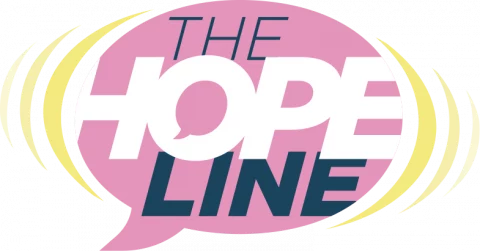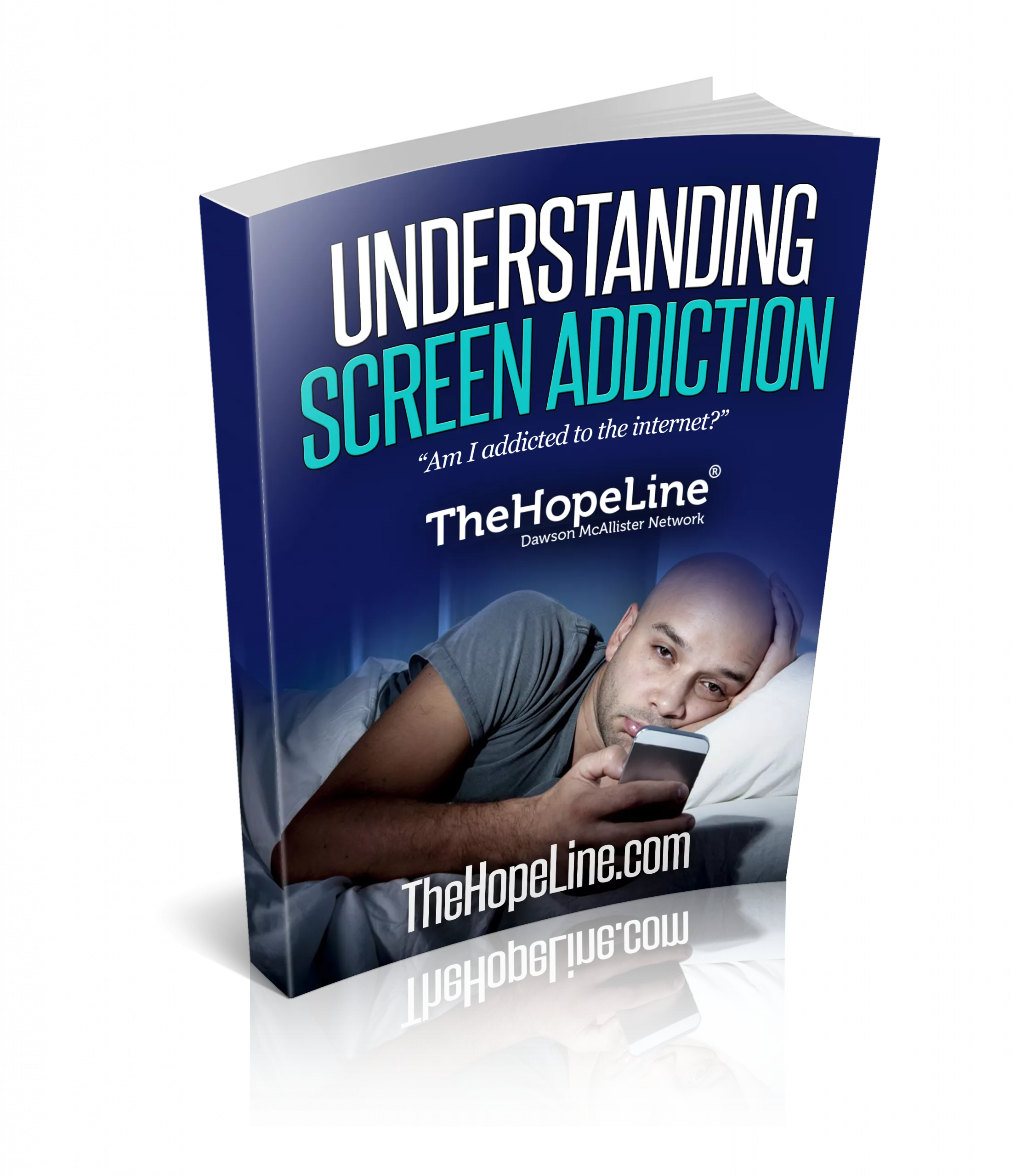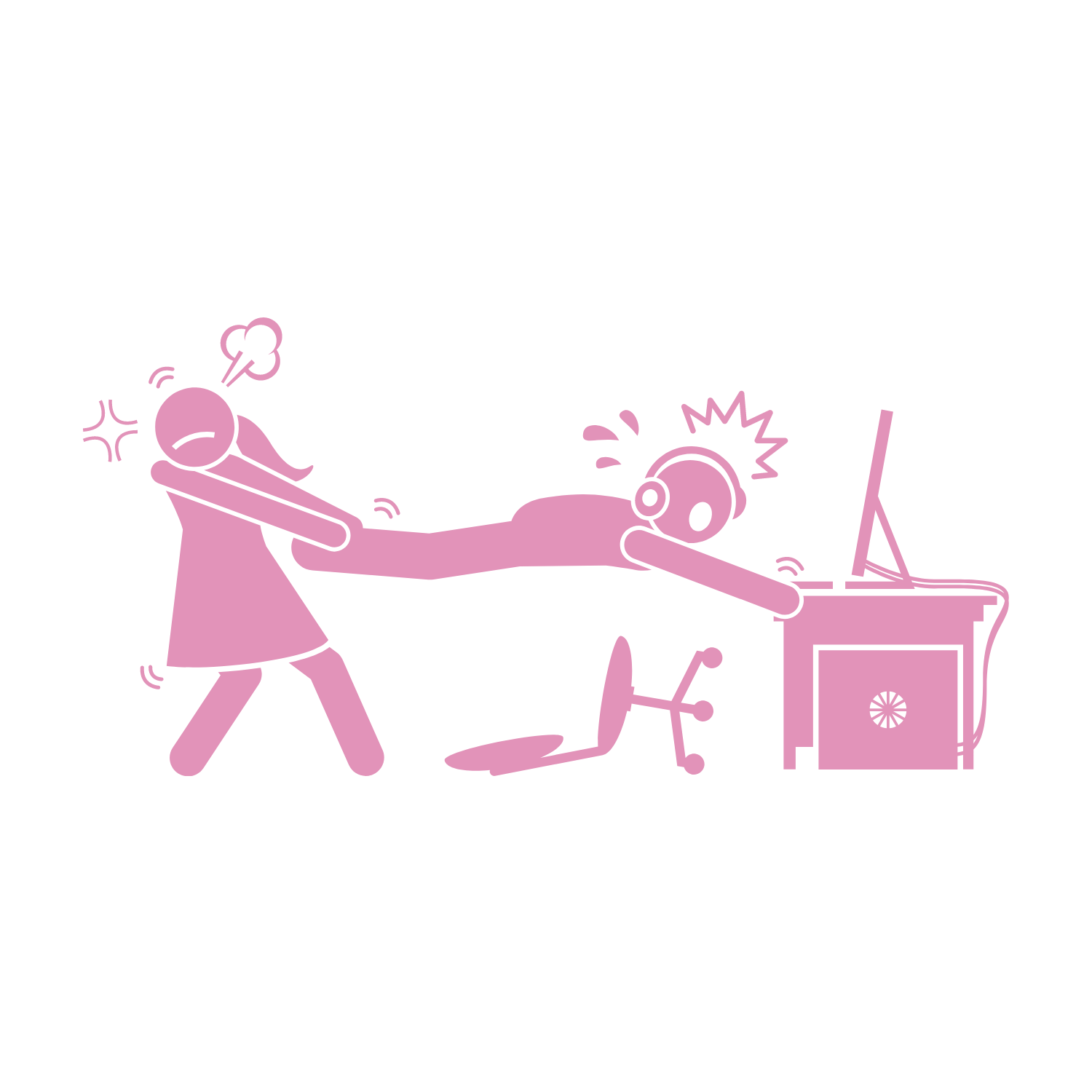Digital addiction happens when you use digital devices compulsively. You can develop digital addiction as a result of using the internet, porn sites, apps, phones, TVs, tablets, computers, or video games.
If your behavior has changed significantly as a result of a lot of digital device use, or if you have seen negative effects on your relationships, it’s time to talk to someone about getting help for your digital addiction.
With more and more people using devices for hours a day, it’s important to have a realistic understanding of your risks for developing an addiction to digital devices.







 Privacy Policy / Terms of Use
Privacy Policy / Terms of Use